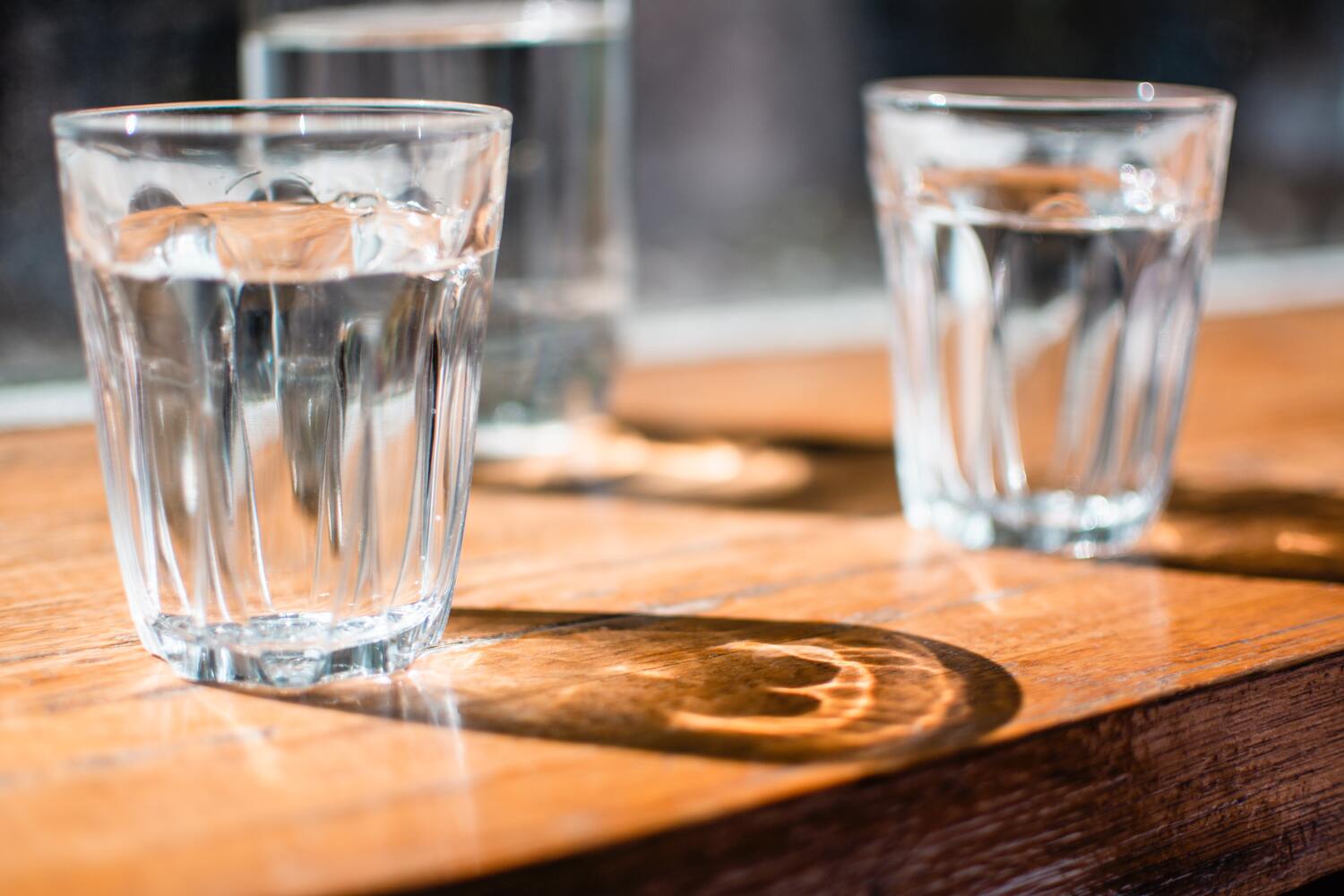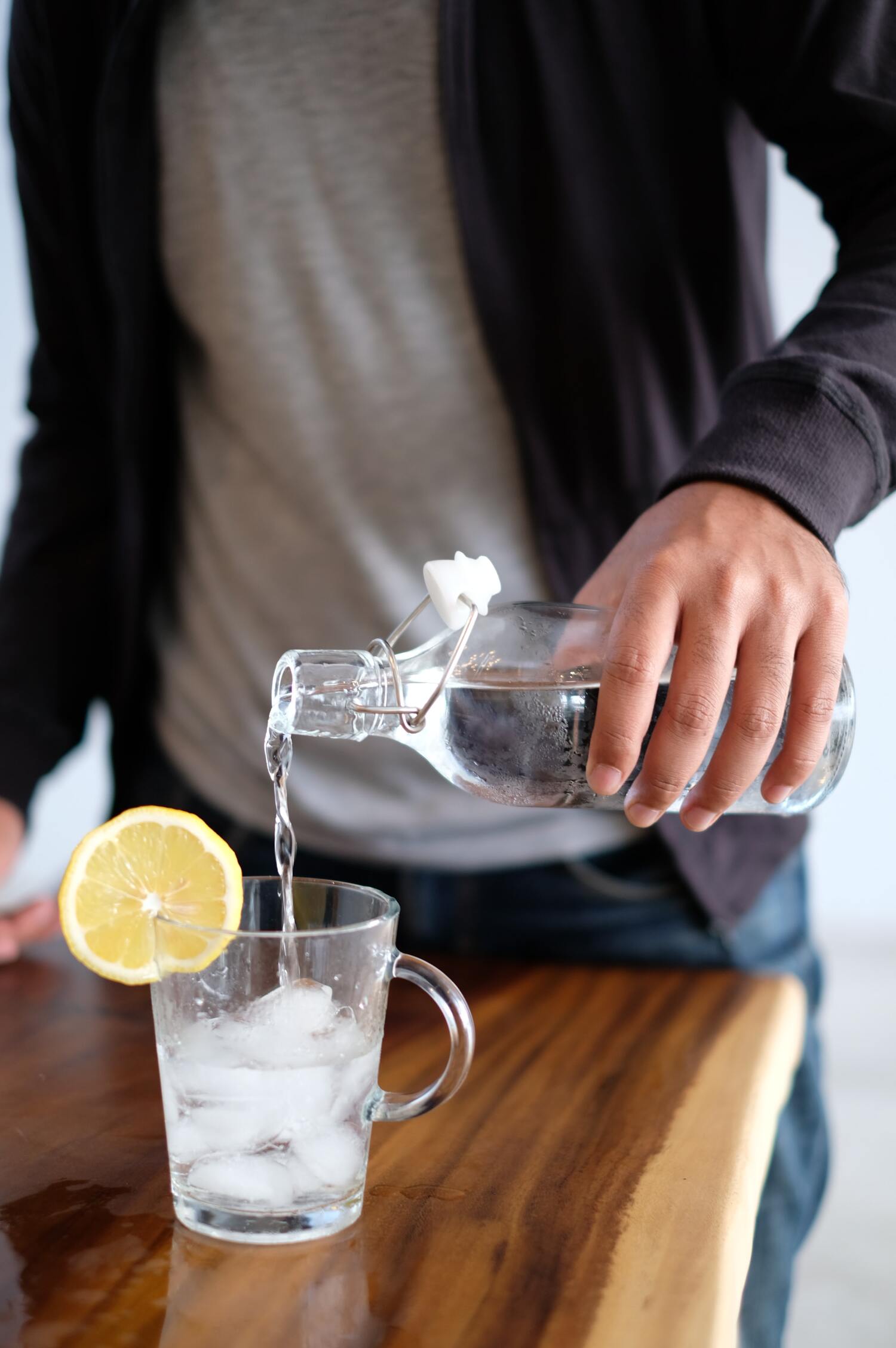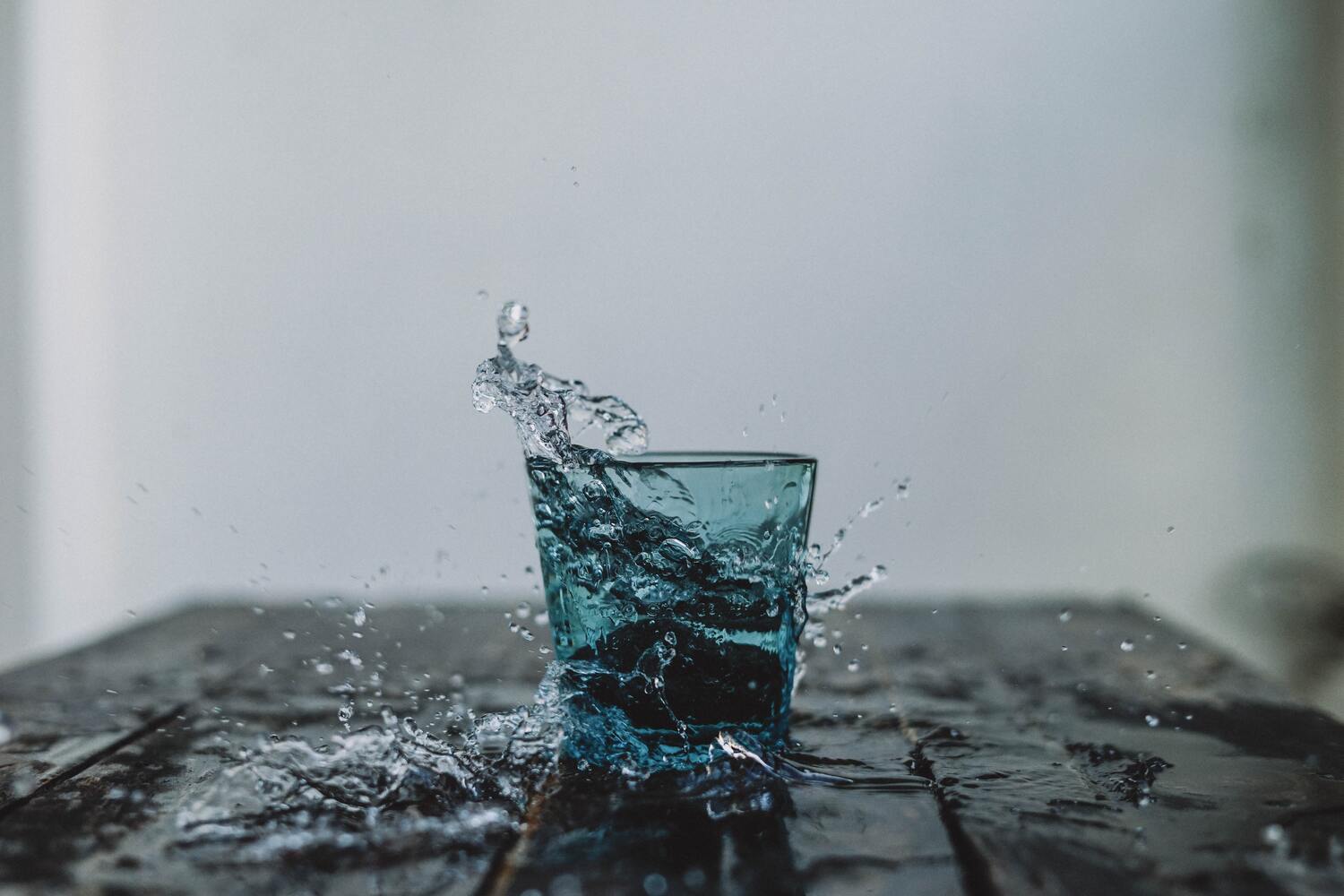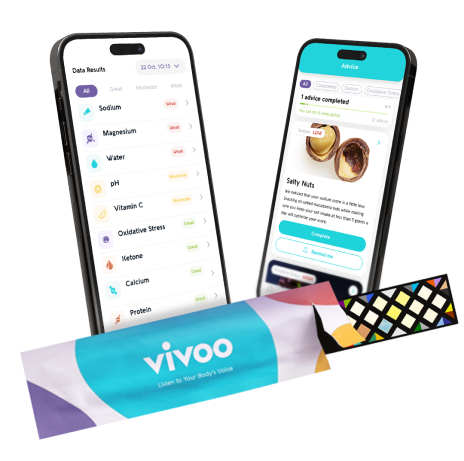The most abundant substance in the human body is water. Water is used in our body to continue all metabolic events, deliver nutrients to the necessary places, and eliminate waste products from the body daily. Approximately 55-70% of an adult's body weight is water, but this rate may vary depending on a person's age, weight, height, and degree of physical activity. During the day, the human body loses a lot of water. For example, our body loses water just by breathing. Most of the water in the human body is found in the skin, muscles, skeletal system, blood cells, and adipose tissue. The human body needs water to perform biological functions.
The kidneys are the most important organ for maintaining water balance in our body. While any excess water is excreted in the urine within a few hours, in cases of considerable water loss, (i.e.: diarrhea, intense sweating, vomiting, etc.), the kidneys retain the water and balance in the body.
The Importance of Hydration

It is important to drink plenty of fluids throughout the day to stay hydrated, be healthy, and feel good. People who are overexposed to hot or dry weather, have limited access to water, or lose more water than usual, are most in danger of dehydration. Dehydration can happen when you don't drink enough water, (at least 8 glasses), to meet your daily needs, or if you are taking part in intense physical activity, in a scorching climate, or affected by an illness like fever or diarrhea.
Dehydration occurs when the body utilizes or loses more fluids than it takes in, resulting in a lack of water and fluid to carry out regular processes. Mild dehydration might make you fatigued, have headaches, and feel thirsty, as well as interfere with your body's biological activities.
Kidneys Affect Water Intake;
Water Intake Affects Kidneys
The kidneys dilute harmful waste materials from our bodies daily using water. Urinary tract inflammations and kidney or bladder stones can occur in people who take less fluid than their daily needs. Therefore, the primary goal for maintaining kidney health is to drink plenty of water.
In some cases that cause decreased kidney function, water accumulates in the body because the kidneys cannot perform their role in filtering and excreting it. This causes swelling of the legs and body. Impaired kidney health causes edema. To prevent or reduce such situations, it is necessary to consume plenty of water.
Check Your Daily Water Intake

Daily water needs vary from person to person, so it is difficult to give a definite answer to the question of ‘how much water should I drink per day? According to the studies, adult women need 2.7 liters of water and men need 3.7 liters of fluid per day. These days, we have realized the benefit of eating our water too. Foods with high water content like watermelon and cucumber, along with a lot of different drink options besides water, count towards our daily water needs.
As age progresses, the feeling of thirst decreases, and the amount of water in the body decreases. Medical factors such as preexisting decreased kidney function, dementia, weakness, infections, and difficulty swallowing can also affect water consumption. For this reason, it is necessary to monitor daily water consumption in advanced aging populations and to make sure that nobody becomes dehydrated.
If you have symptoms such as dry mouth, fatigue, decreased urination, muscle weakness, or headache, your body may be telling you that it’s thirsty. Other symptoms can include excessive thirst, dry skin, no sweating, little to no urine, and rapid heart rate; in cases with this, you may be suffering from severe dehydration. Furthermore, thirst is the body's way of reminding us to water. Drinking water without being thirsty should become a habit for reaching optimal kidney health.
Simple Ways to Get Your Water

Here are simple ways to drink more water.
- Caffeinated beverages such as tea, coffee, and cola, are thought to meet the need for daily water intake, but they have diuretic properties. In other words, they cause water to be removed from our body more efficiently which accelerates fluid loss. When caffeinated drinks are consumed, an extra 1 glass of water should be consumed for every glass of caffeinated beverage.
- With aromatic herbs such as mint, cinnamon, cloves, or fruit particles added to the water, it makes drinking water more enjoyable and easier and increases its benefits.
- It is helpful to use small reminders to remember to drink water. For example, putting small notes on your refrigerator or work desk.
- Consume foods high in water content such as cabbage, watermelon, celery, lettuce, and zucchini.
- Carry a water bottle with you. It is more likely that you’ll drink water if it’s readily available.









